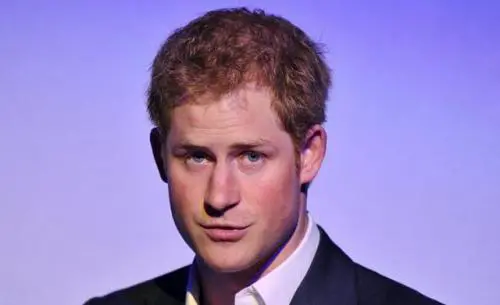British Prime Minister Theresa May boycotted a primetime television debate on Wednesday, just days before the June 8 general election, prompting accusations of a floundering campaign as polls slashed her ruling Conservative party’s lead.
May refused from the start to take part in any head-to-head debate, and opposition Labor leader Jeremy Corbyn had said he would not take part without her.
But he changed his mind just hours before the live BBC hustings on Wednesday — and said May was treating voters with “contempt” by failing to join him.
Her decision to send senior minister Amber Rudd was “another sign of Theresa May’s weakness, not strength”, Corbyn said.
Tim Farron, leader of the smaller Liberal Democrats, told voters: “You’re not worth Theresa May’s time. Don’t give her yours.”
But May had earlier told a campaign rally that “debates where the politicians are squabbling among themselves don’t do anything for the process of electioneering.”
“It’s actually about getting out and about, meeting voters and hearing directly from voters,” the prime minister said.
The debate itself was a boisterous affair, covering Brexit, the economy, public services, climate change, immigration and security — a major issue after the Manchester attack last week.
Corbyn and Farron were joined by the leaders of the Green party, the UK Independence Party and Welsh nationalists Plaid Cymru as well as the deputy leader of the Scottish National Party (SNP).
In the televised debate, Amber Rudd, the Home Secretary, accused Corbyn of having drawn up a “fantasy wishlist” manifesto paid for with a magic “money tree”, and noting that most of his MPs backed a failed coup against him last year.
The Labor leader hit back by accusing the government of offering five more years of austerity “to fund tax handouts for the wealthy few.”
SNP deputy leader Angus Robertson mocked May’s claim to offer “strong and stable” leadership, saying: “Weak and wobbly is where we are.”
A protest song called “Liar, Liar GE2017,” branding May a “liar,” was heading for the top of the charts on Wednesday — despite the BBC refusing to play it for fear of breaching electoral rules.
(AFP)
 简体中文
简体中文

